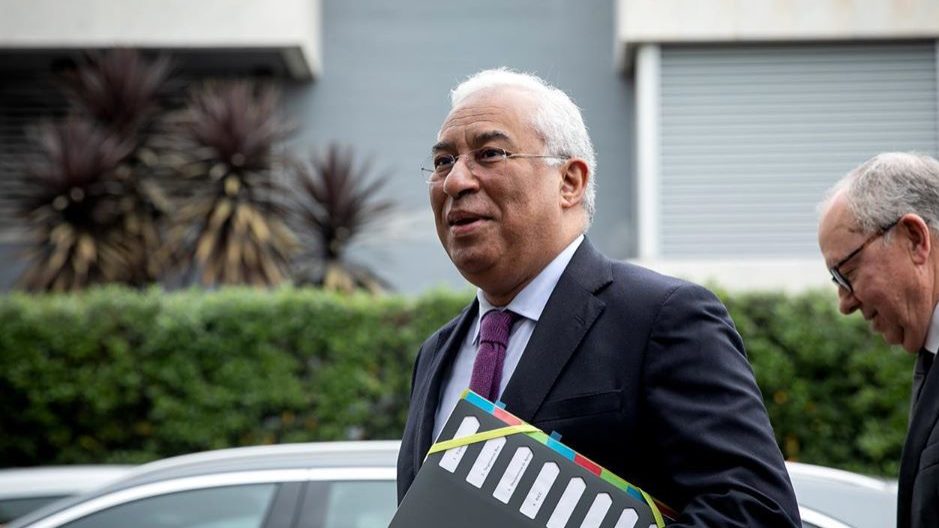Portugal has EU financial ‘bazooka’ to resolve crisis but can’t miss a shot
The Prime Minister António Costa says the country has a financial "bazooka" to deal with the current crisis, but warns that it cannot miss the shots.
The Prime Minister claims that Portugal has a financial “bazooka” to deal with the current crisis, but warns that it cannot miss the shots, and puts the possibility of a woman succeeding him at the head of the PS.
These positions were taken by António Costa in an extensive interview he gave to “Visão” magazine, which was published on Thursday.
The Prime Minister points out that, over the next few years, Portugal will have 50% more money from the EU that it would have in a normal financial framework, and considers this to be “an increase in the capacity to respond” to the current crisis caused by the pandemic.
“We have the bazooka, we need to know how to make good use of it, to have a good battle plan and not miss a shot. We will have, on average, between now and 2029, 6.7 billion euros to execute per year. That’s more than doubling the maximum we’ve had so far,” he says.
The Prime Minister then points out that the execution of this amount “will require a huge effort on the part of the public administration, on the part of economic agents and a huge responsibility.”
“We cannot complain about the lack of firepower, we can only complain if we are not able to define a good battle plan and if we do not get our aim right now. It is up to us to make good use of what Europe has made available’.
Asked about the costs involved in implementing the 2020/2030 recovery plan drawn up for the government by consultant António Costa Silva, the prime minister countered that his executive had asked this university professor for “a strategic vision” and a budget.
“The strategic vision has to be declined in different execution instruments – and these, yes, have to be properly budgeted. The challenge for those who govern is precisely to take this strategic vision and say how this vision will be transformed into action.”
In the interview, António Costa once again rejects a PS/PSD “Central Block” solution for the country, insisting on political rapprochement with the forces on the left of the socialists, and de-dramatizes the issue of his medium-term succession to the post of Secretary-General of the PS.
However, at this point, he did not agree to limit the list of potential candidates for the leadership of the socialists to two names, Pedro Nuno Santos and Fernando Medina.
“I live very well with possible ambitions or with someone who wants to compete with me for the leadership. It’s nothing that makes me sleepy or distresses me. The PS has, fortunately, many solutions in the new generations. Who says it can’t be a woman?”, asked António Costa himself.
The current socialist leader then stressed that he doesn’t intend to appoint a successor or intervene in the choice of the new general secretary of the PS.
“The moment I consider it time to leave the leadership of the PS, I will try not to bother anyone in this transition. If I think I should continue, well, I’ll fight and then the militants will decide,” he says.
In the interview, António Costa defends the revision of Parliament’s Rules of Procedure approved last week by the PS and PSD, agreeing to the end of fortnightly debates with the presence of the Prime Minister.
António Costa believes that fortnightly debates with the Prime Minister favoured inter-party conflict and the degradation of personal relations, “because it was designed to be a duel, and duels have only one simple rule: either kill one or kill another.”
The Prime Minister defends the new model approved, considering that it favors the government’s scrutiny and goes further in the criticism of the fortnightly debates.
“That was a model of confrontational logic, which simply served to produce sound bites for TV news, and that is no way to debate,” he argues.
Asked if confrontation and oratory are not part of the democratic game, António Costa accepts that these phenomena are always present in parliamentary life.
“But what I like to do most in political life is to solve problems. I’m more interested in executive functions than in any other kind of function, but I respect those who are allergic to executive functions and like to dedicate their lives to parliamentary rhetoric,” he replies.


